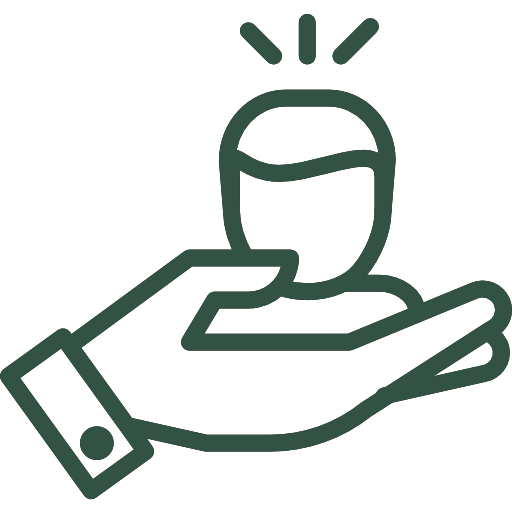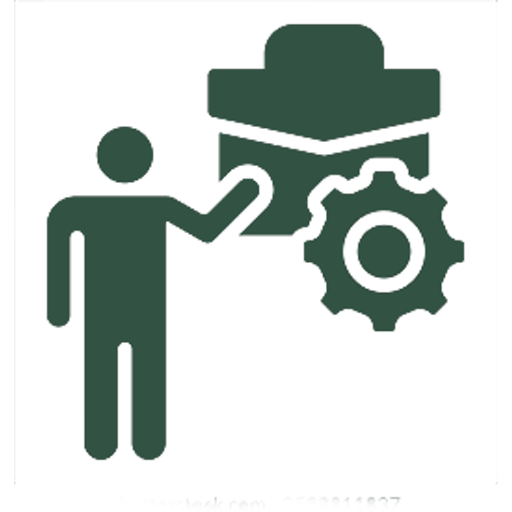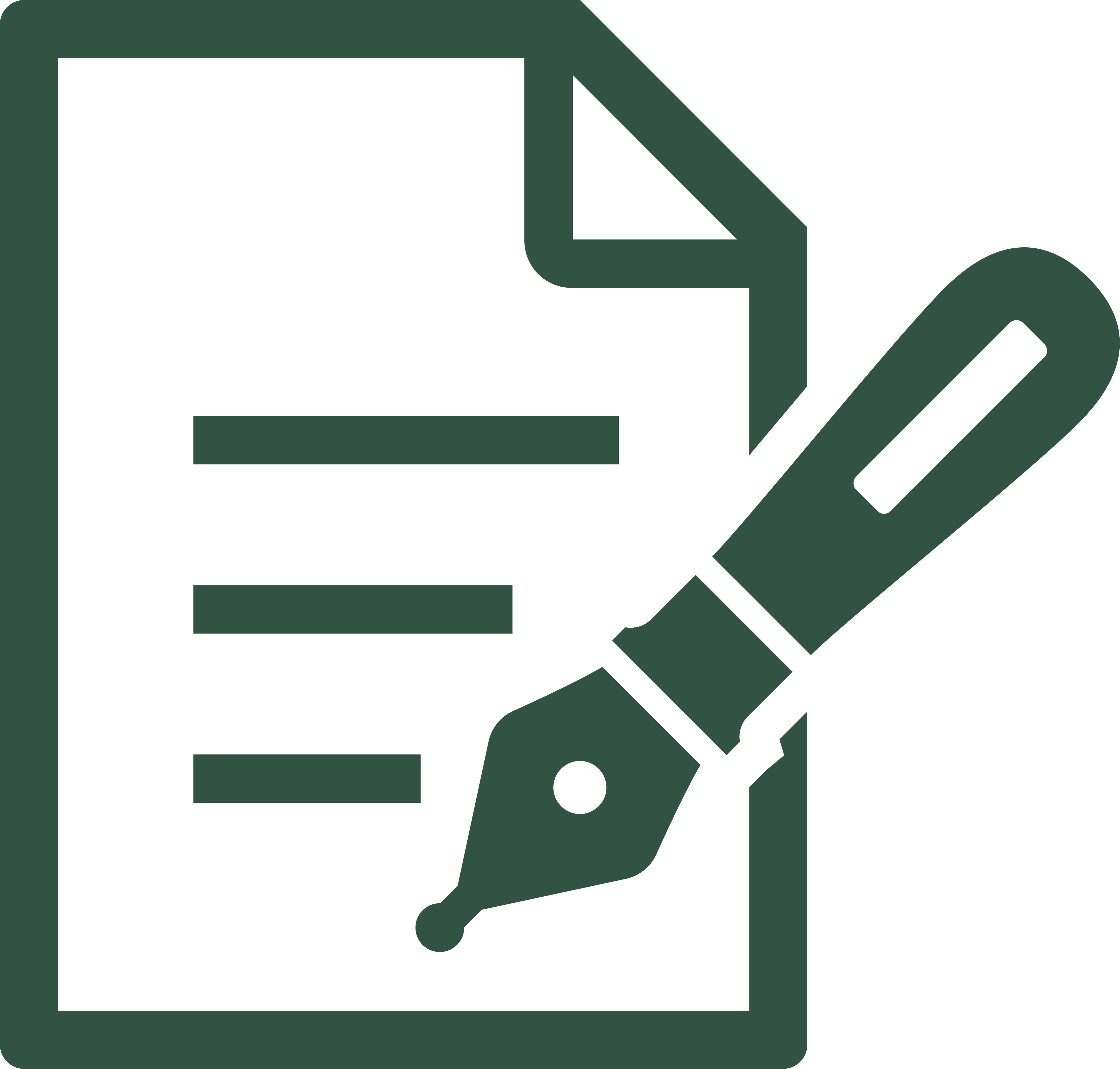
Psychoeducational Assessments
Psychoeducational Assessments Calgary , Learning & IQ Testing | CPC Clinics
Is your child struggling to keep up—or racing ahead and needing more challenge? A psychoeducational assessment at CPC Clinics identifies learning strengths, challenges, ADHD, or giftedness, helping you secure the right support. Book a free consultation and give your child the tools to thrive.
What Our ADHD Assessment Includes: Conducting an ADHD evaluation is like putting together pieces of a puzzle. We gather information from multiple sources to ensure an accurate picture

Cognitive (IQ) Testing
Cognitive (IQ) Testing:
We administer standardized intelligence tests (such as the WISC …
Cognitive (IQ) Testing: We administer standardized intelligence tests (such as the WISC-V for children, or WAIS-IV for older teens/adults) to measure abilities like verbal comprehension, visual-spatial skills, fluid reasoning, working memory, and processing speed. This gives an IQ score and, more importantly, reveals patterns of strengths and weaknesses—for example, strong verbal reasoning but slower processing speed, which explains why a child understands content but takes longer to finish work.

Academic Achievement Testing
Academic Achievement Testing:
We evaluate core academic skills using tests like the …
Academic Achievement Testing: We evaluate core skills using tools like the WIAT-III or Woodcock-Johnson, covering reading (decoding, fluency, comprehension), writing (spelling, grammar, essays), and math (calculation, problem-solving). Comparing these scores with cognitive results helps identify gaps—such as average IQ but very low reading, pointing to a learning disorder, or academic skills exceeding IQ predictions, suggesting giftedness.

Information from School
Information from School:
We often collect teacher reports, review report cards, and look…
Information from School: We often collect teacher reports, review report cards, and look at work samples. Patterns like poor test performance despite knowledge, response to past interventions, and teacher observations on attention or challenge help ensure our test findings match real classroom experiences.

Assessment of Memory, Attention, Executive Function
Assessment of Memory, Attention, Executive Function:
Depending on the referral concerns …
Assessment of Memory, Attention, Executive Function: Depending on the referral concerns, we may test memory (stories, number sequences), attention/executive skills (focus, planning, organization), and visual-motor integration (hand-eye coordination). This helps determine if issues like poor writing stem from fine-motor skills, working memory, or dysgraphia, pinpointing the root cause of academic struggles.

Social-Emotional Screening
Social-Emotional Screening:
Learning doesn’t happen in a vacuum. We may have parents and …
Social-Emotional Screening: Learning doesn’t happen in a vacuum. Parents and older students may complete questionnaires on anxiety, mood, or behavior to see if emotional factors are affecting performance or co-occurring with learning issues. These insights guide recommendations, such as adding counselling support alongside an academic plan.
For adults who are having difficulties with attention, concentration, or impulsivity and think they may meet criteria for an ADHD diagnosis.
Intake
1 hour (can be done virtually)
Testing
3 hours (in-person only)
Report Writing
7-8 hours
Feedback
1 hour (be done virtually)
Total Time
~12-13 hours
Unlocking Your Child's Learning Potential : The Power of Psychoeducational Assessment
Our comprehensive psychoeducational assessments provide a clear and detailed picture of a student's learning profile. By integrating clinically validated testing with expert analysis, we identify specific strengths and challenges to create a roadmap for academic and personal success. Here’s how our key assessment functions work and the specific benefits you and your child will experience:

1. Identification of Specific Learning Disabilities
A psychoeducational assessment is designed to formally diagnose Specific Learning Disorders. Our pr…read more

2. Discovery of Giftedness & Twice-Exceptionality
Using standardized IQ and achievement testing, our assessment can formally identify gifted…read more

3. Informing Individualized Education Plans (IEPs)
Schools in Calgary and across Alberta often require a formal psychoeducational report to develop or update an Individualized Educ …. read more

4. Guidance for Career & Post-Secondary Decisions
For teens and young adults, understanding their cognitive profile is crucial for making informed decisions about their future. The assessment clarifies…read more
Meet Our Calgary Psychologist & Assessment Specialist :
Flexible & Accessible Counselling Options :
Psychological Assessments are series of test that are performed by our psychologist to understand and observe client’s issue and determine a diagnosis. Actual cost of an assessment is determined based on actual hours spent on the assessment and the complexity of the case. Below is a guideline for what assessments typically costs.

Psychoeducational Assessment
$2880-$3120

IQ Test and Cognitive Assessment $1000 – $1500

Insurance billing available under specific conditions

In-person sessions available in Calgary

Virtual therapy sessions offered throughout Alberta
Let’s find a time and format that works best for you.
Blogs:
Top 5 Signs Your Child Might Need a Psychoeducational Assessment
Significant reading struggles, consistently low grades in one subject, teacher’s comments, etc.
Frequently Asked Questions:
Ans: An IQ test (like the WISC or WAIS) is one component of a psychoeducational assessment. Think of it this way: IQ tests measure potential, and achievement tests measure performance. A psychoeducational assessment includes both , and more. We assess IQ to understand cognitive strengths/weaknesses (memory, problem-solving, processing speed, etc.). But we also assess academic skills (reading, writing, math) and other factors like attention or behavior. An IQ test alone might tell us a child’s overall intellectual ability, but without achievement testing we won’t know if they’re actually learning at that level or if a learning disorder is present. The psychoeducational assessment connects the dots between ability and achievement. For example, if IQ is average but reading is far below average, that discrepancy could indicate dyslexia. Conversely, an IQ test might reveal giftedness, but we’d confirm that by also seeing very high academic scores or advanced skills. In short: IQ testing is a subset; psychoeducational assessments are the full picture of a student’s learning profile.
Ans : It’s a common worry among parents that a child might just be unmotivated. However, in our experience, kids generally want to do well. If you’re seeing a consistent struggle, there’s usually something more going on than laziness. Some indicators that an assessment is warranted include:
- Ongoing struggles in a specific area (e.g., reads significantly below grade level, or always failing math despite help).
- Teacher concerns or suggestions for testing , teachers see many kids and can often tell when one is outside the norm in learning.
- Discrepancies: your child is very bright verbally but can’t write a paragraph, or loves to learn but their report card doesn’t show it.
Behavioral clues: frequent homework meltdowns, low self-esteem (“I’m stupid”), or acting out in class (sometimes kids prefer to be seen as the “class clown” rather than the “slow learner”). If you suspect they’re not trying, ask yourself why. Boredom? (They may be gifted.) Avoidance? (Work might truly feel too hard due to an LD or focus issue.) A psychoeducational assessment will distinguish between “won’t do” and “can’t do.” Often what looks like not trying is actually a coping mechanism for an underlying problem. And if it did turn out there’s no diagnosable issue, you still gain insight , perhaps the assessment finds your child’s skills are on par, which might suggest motivation or study habits are the area to work on. Either way, you get guidance. Remember, no one wants to fail. Our goal is to uncover why a child isn’t reaching their potential so we can help them thrive.
Ans : It’s understandable to worry about labels. However, in the school system, a diagnosis is typically used to help, not hurt. Alberta schools use something called “coding” for special education , for instance, code 54 for learning disabilities. This coding is kept confidential among school staff (it’s not like classmates will know). The benefit is that it unlocks resources: access to resource teachers, specialized reading programs, technology aids, exam accommodations, etc. Without a formal diagnosis, it can be much harder to get those supports. Many parents find that after identification, their child improves , they get the help they need and start doing better and feeling better about themselves. As for self-esteem, we make sure to explain to the student (in age-appropriate ways) that a learning disability simply means their brain learns differently, and there are methods to help. We focus on their strengths (“You have a reading disorder, but you’re great at understanding stories and your art skills are awesome , we’ll use those strengths!”). The label can actually reduce negative self-labels like “stupid” because it provides a concrete, external explanation. It’s not them; it’s the dyslexia, for example, and there’s a path to improvement. In our experience, schools are very conscientious about using diagnoses constructively. And legally, they cannot discriminate , they must accommodate. Ultimately, the “label” is a tool to ensure your child isn’t left struggling in silence.
Ans: The process involves multiple steps:
- Initial Consultation (20 min, free): We discuss your concerns and background to ensure an assessment is appropriate. If you proceed…
- Intake Interview (1 hour): with parents (and older students present for part). We gather detailed history: developmental milestones, health, school history, specific concerns, etc.
- Testing Sessions: Typically 2 to 3 sessions, each about 2-3 hours long, often on separate days. For a child, we do morning sessions when they’re fresh. We take breaks as needed (especially for younger kids). In total, around 6-8 hours of face-to-face testing. This includes the IQ test, academic tests, and any additional tests for memory, attention, etc. Parents might fill questionnaires during this time too.
- Scoring and Analysis: After testing, the psychologist scores all the tests (this can take several hours behind the scenes) and interprets the results, integrating teacher and parent reports.
- Feedback Meeting (1-2 hours): Once the report is drafted, we meet (parents and possibly the student if a teen) to explain the findings and recommendations. We encourage questions. You’ll receive the written report (usually at or shortly after this meeting). From start to finish, expect the process to span a few weeks to a couple of months, depending on scheduling and how quickly we get teacher feedback, etc. We know you’re eager for answers, so we strive to complete the assessment efficiently while maintaining quality. If there are urgent needs (e.g., a deadline for an IEP or exam accommodation), let us know and we’ll do our best to accommodate. But as a rough timeline: if we start in early October, testing might be done by late October, and a report ready by early-mid November, for example.
Ans: We understand, not everyone is excited to sit through hours of testing, especially if school has been a tough experience. Our examiners are trained to build rapport first and make the environment as comfortable as possible. We’ll often start with some easier or even fun tasks to break the ice. Many of the tests for younger clients feel like puzzles or games, and we give lots of encouragement. For a shy teen, we’ll take time to chat, explain the purpose (“this is to figure out how you learn best, not to judge you”), and ensure they know that they can’t ‘fail’ this , it’s not that kind of test. We also schedule breaks where we can have a snack, talk casually, or let them have a breather. If someone is particularly anxious, we can gradually ease in , sometimes doing a shorter first session and longer subsequent ones as they get more comfortable. We also frame it as collaborative: “We’re a team of detectives trying to solve the mystery of why school is hard, and these activities give us clues.” Importantly, we adjust our approach to the individual. If a student is getting fatigued or frustrated, we switch gears or take a break. The last thing we want is to replicate a stressful school experience. In our feedback, a lot of teens say “It wasn’t as bad as I thought , kinda interesting actually.” And when they see the outcome (like “wow, I have a superior memory but low processing speed , that makes sense now”), many feel vindicated and even glad they did it. We might also share interim positive observations with them: e.g., “You know, you solved that puzzle faster than most , you’re really good at visual problems.” That boosts confidence during the process. Rest assured, we handle shyness and test anxiety with patience and positivity.
Ans: A psychoeducational assessment primarily focuses on cognitive and academic functioning. While it’s not an autism assessment per se, we are always observant of developmental cues. If during our initial intake or testing we notice signs that suggest Autism Spectrum Disorder (ASD) or another issue (like significant social communication difficulties, repetitive behaviors, etc.), we will discuss it with you. A formal autism diagnosis usually requires additional tools (like ADOS-2, adaptive behavior scales, etc.) which are beyond a standard psychoeducational battery. We can incorporate those if it’s a known concern and you request a combined assessment, but that would be a broader “psychological assessment” rather than strictly psychoeducational. Similarly, we can screen for ADHD as part of a psychoed (since attention impacts learning) and often do , ADHD and learning disorders co-occur frequently. If the data strongly suggests something like ADHD or an anxiety disorder, we’ll note that in the report or recommend a follow-up diagnostic assessment if needed. In summary: our psychoeducational eval can flag autism or other issues and we’ll definitely bring it up if we see it, but for a definitive autism diagnosis, a more specialized assessment would be recommended (and we can facilitate that). We try to give you a holistic view , if learning issues are part of a bigger picture, we won’t ignore that.
Ans: Absolutely, it can be. Psychoeducational assessments aren’t just for kids. Many adults seek them if they suspect long-standing learning difficulties that were never evaluated (perhaps you struggled in school in one area, or you’re in college now and hitting a wall). An adult assessment can diagnose things like ADHD or a learning disorder which might help you get accommodations at university or in standardized tests (LSAT, MCAT, professional exams, etc.). It can also simply provide personal insight , maybe you’ve always avoided jobs that require a lot of reading because reading was hard; finding out you have dyslexia can validate your experience and guide you to resources (like assistive technology) to manage it better. If you’re an adult in the workforce, a report documenting something like ADHD could allow you to discuss reasonable accommodations with your employer (for example, quiet workspace or flexible scheduling , many employers are open to this with proper documentation). Some adults also pursue assessments to explore giftedness or cognitive strengths as they consider career shifts , knowing your cognitive profile might highlight you’d excel in an analytic role, or that you might need support in organizational aspects of a job. The process for adults is similar, though we adjust tests to adult versions. And yes, adults can feel nervous about testing too , but we approach it collaboratively, respecting your life experience. In essence, if you’ve always felt “I’m smart but something just doesn’t click in this one area,” an assessment can pinpoint why and help you strategize around it. It’s never too late , we’ve had adults in their 30s, 40s, even 60s do assessments and say it was illuminating and helpful for their personal growth or next academic pursuit.






